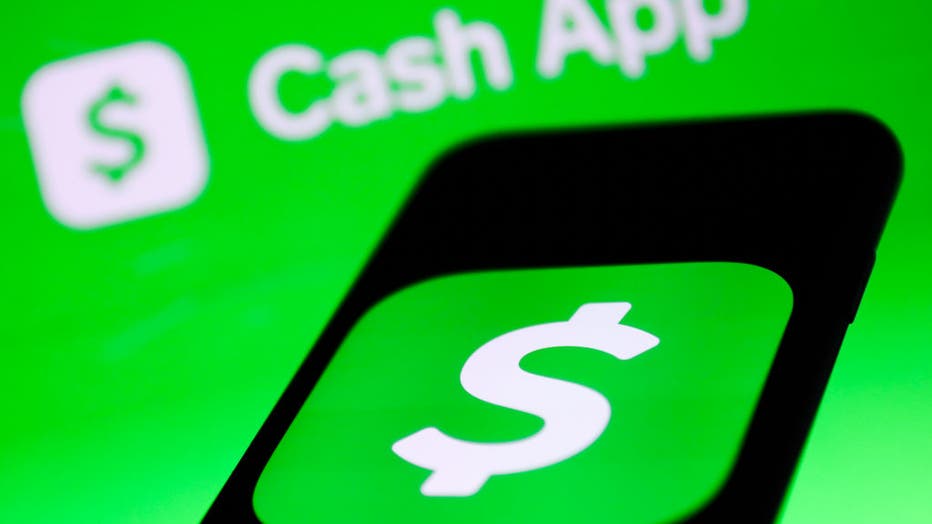Cash App users may be entitled to $2.5K in lawsuit
Cash App class action lawsuit
A proposed $15 million settlement could put money back in the pockets of Cash App's users. The FOX 5 I-Team's Dana Fowle explains what you need to do if you're eligible for some of the cash.
ATLANTA - Cash App, an often favored app for cash transactions, is accused of security breaches and more. A proposed $15 million settlement could put money back in the pockets of its users. Some individual users could be eligible for up to $2,500.
There is a class-action lawsuit forming over accusations of security breaches and fraud. The suit claims Cash App, and its tech firm owner, Block, didn't respond well enough to two data breaches. There are also claims that the peer-to-peer payment system didn't use strong security measures and didn't respond well as a company when users were victims of fraudulent transactions.
Cash App and Block have denied any wrongdoing. But to settle the litigation, they agreed to pay $15 million. Beyond attorneys fees and administration costs, that money will go to impacted customers who submit eligible claims.

Cash App icon displayed on a phone screen and Cash App logo displayed on a laptop screen are seen in this illustration photo taken in Krakow, Poland on November 16, 2021. (Photo by Jakub Porzycki/NurPhoto via Getty Images)
How to submit a claim for the Cash App settlement
So here's where you come in. If you are a Cash App user, you can file a claim if your account was accessed without your permission, or if you had fraudulent transactions like withdrawals or transfers.
Your account needs to be active from Aug. 23, 2018, through August 24, 2024. You will need to prove losses.
You may have received a personalized notice informing you about eligibility for the settlement by mail or email — but if not, there’s also an option to manually provide information about your situation online.
The deadline to file a claim under this settlement is Nov. 18, 2024.
If you think you are an eligible candidate, explore the lawsuit for more information.
What other options do you have?
If you want to exclude yourself from the settlement, class members have the option to "opt out" before Nov. 1. This allows you sue or be part of another related lawsuit against the defendants down the road. You can also object to the settlement agreement by writing to the court before Nov. 1.
Finally, you can choose to do nothing. But if you opt for no action, you will not get any payments and potentially also give up the to right to pursue another lawsuit with claims covered in the settlement.
The Associated Press contributed to this report.

